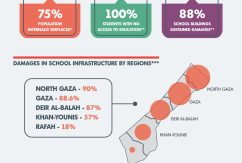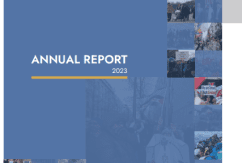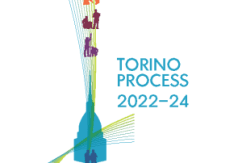Preparing staff for EU-ENP related jobs
Brief Description
Trains selected civil servants from partner countries in order to enhance their professional skills and knowledge of the EU and European Neighbourhood Policy (ENP)
Countries covered: Algeria, Armenia, Azerbaijan, Belarus, Egypt, Georgia, Israel, Jordan, Lebanon, Libya, Moldova, Morocco, Occupied Palestinian Territory, Russia, Syria*, Tunisia, Ukraine
Objectives
The project aims to improve the professional skills and ENP-specific knowledge of relevant staff from within the civil service and public administrations of ENP partner countries in order to enable to them to gain a better understanding and appreciation of the European Neighbourhood Policy, as well as other relevant EU policies. The project is designed to improve the effectiveness of policies and the relationship between the EU and the neighbourhood countries, and to help deepen political dialogue and cooperation with each of the neighbours.
What Does It Do
Managed by the College of Europe, the project proposes tailor-made training on ENP policy, its regional aspects and specificities in the south, east and at interregional level as well as critical issues of policy importance (e.g. environment, agriculture, energy and trade, improving contacts between people, etc.). In addition, trainings provide intensive grounding in the operation, role and functions of EU institutions as well as insights into major areas of internal EU policies and how they impact upon the European Union’s external relations (i.e. external dimension of internal EU policies).
What do you want to do ?
New mailCopy
Actions in brief
- Designs, organises and delivers 12 professional training seminars in the College of Europe (Campuses of Bruges and Natolin);
- Divides the training into eight modules – six ‘knowledge modules’ whose main objective is to provide the participants with key information on different topics and two ‘skills modules’ on negotiation and project management, which allow participants to develop highly technical and practical know-how;
- Trains an estimated 400-500 people;
- Conducts a training needs assessment in each beneficiary country;
- Conducts a mapping exercise of similar training activities in the whole region and summarises this into a single document to appear on the project’s website.






























